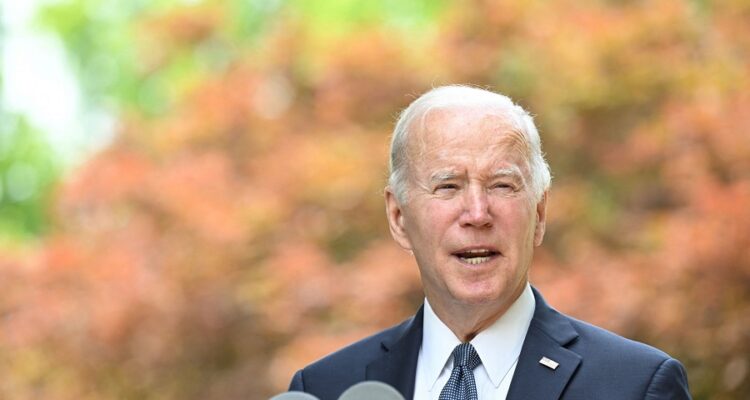Joe Biden’s $US6bn ($9.3bn) ransom deal for the release of five Americans from Tehran’s notorious Evin prison, including one held for eight years, has been greeted with joy by the captives and their families.
Their freedom from the clutches of Iran’s ayatollahs is welcome. But the deal sets a precedent likely to have dangerous consequences for other US and allied citizens. In giving in to mafia-like ransom demands, the Biden administration has given the cash-strapped Islamic theocracy extra incentive to abduct more foreigners. The bonanza is from Iranian oil funds frozen in South Korean bank accounts under sanctions aimed at blocking the ayatollahs from building an atomic bomb, a goal they are believed to be close to achieving.
With great naivety, the US appeared to accept Iranian assurances the $US6bn would be used only for “humanitarian relief of the Iranian people”. Iranian President Ebrahim Raisi, however, insists the regime will spend its windfall as it sees fit. Mr Biden is not the first US president to do unsavoury deals with odious regimes. In 2014, Barack Obama released five Taliban commanders in return for a US Army sergeant. Donald Trump negotiated the release of dozens of Americans held abroad and did prisoner swaps. In the 1980s, Ronald Reagan secretly sold weapons to Iran to secure the release of Americans. Mr Biden’s cave-in, however, is potentially more dangerous.
Read the editorial in The Australian.

